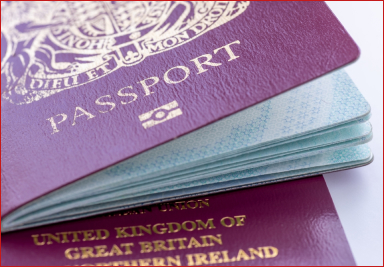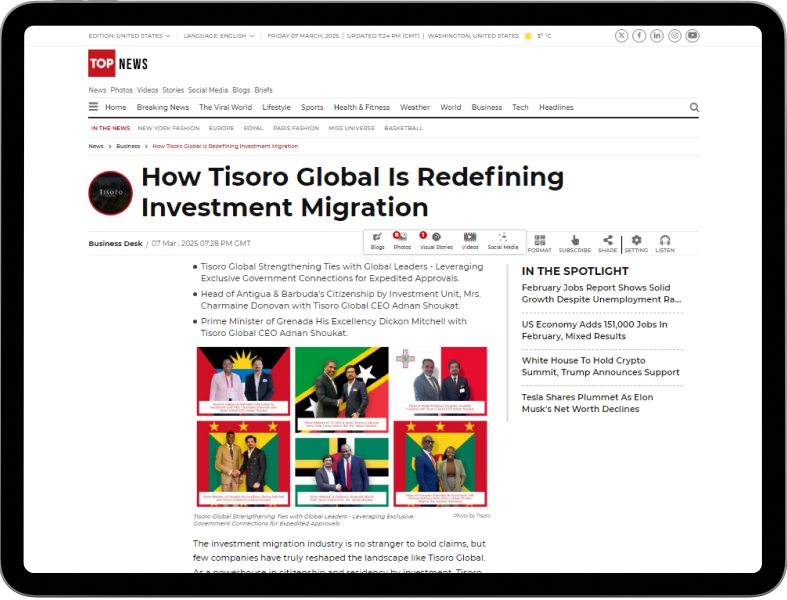Citizenship by Investment (CBI) programs offer significant economic benefits for nations while providing investors with enhanced mobility and financial security. However, the success and longevity of these programs depend heavily on maintaining strict compliance with international standards and regulations. Ensuring compliance in CBI programs is a multifaceted task that requires cooperation between governments, legal experts, and international organizations.
Establishing a Strong Legal Framework
At the heart of any compliant CBI program is a robust legal framework. Governments must ensure that the program’s legislation is in line with both national and international laws. This includes clearly defining eligibility criteria, investment options, and the processes for granting citizenship. By having a transparent and legally sound framework, governments can prevent potential abuses and ensure the long-term success of the program.
Implementing Stringent Due Diligence
Due diligence is one of the most important aspects of compliance in CBI programs. Governments must conduct thorough background checks on all applicants to ensure that only reputable individuals are granted citizenship. This includes verifying the source of funds, criminal background checks, and monitoring for any potential connections to illicit activities such as money laundering or terrorism financing. Partnering with international vetting agencies can enhance the rigor and reliability of the due diligence process.
Anti-Money Laundering (AML) and Counter-Terrorism Financing (CTF) Measures
CBI programs are often scrutinized for their potential to be exploited by criminals seeking to launder money or finance terrorism. To mitigate these risks, it is essential to implement comprehensive AML and CTF measures. This includes collaborating with international organizations such as the Financial Action Task Force (FATF) to ensure that the program adheres to global standards for financial transparency and accountability.
Regular Audits and Reporting
To maintain compliance and build trust with both investors and international bodies, CBI programs should undergo regular audits. These audits should assess the program’s financial health, the legitimacy of its applicants, and the use of investment funds. Publicly reporting the outcomes of these audits fosters transparency and demonstrates the government’s commitment to maintaining a compliant and trustworthy program.
International Collaboration and Information Sharing
Compliance in CBI programs cannot be achieved in isolation. Governments must collaborate with international organizations, law enforcement agencies, and other CBI-hosting countries to share information on applicants and potential risks. Information sharing is particularly important when it comes to tracking individuals who may be attempting to exploit multiple programs or evade legal scrutiny in their home countries.
Maintaining Transparency
Transparency is key to ensuring that CBI programs remain compliant and reputable. Governments should publish clear guidelines for applicants, outlining the application process, eligibility criteria, and due diligence requirements. Additionally, they should provide regular updates on the number of applications received, the investments made, and the overall impact of the program on the nation’s economy.
Responding to Global Trends and Standards
The regulatory landscape for CBI programs is constantly evolving, with new international standards and best practices being introduced regularly. Governments must stay informed about these changes and adapt their programs accordingly. This includes responding to new FATF guidelines, changes in tax laws, and evolving expectations around global mobility and security.
Conclusion: Building a Sustainable and Compliant CBI Program
Ensuring compliance in CBI programs is not just a legal necessity—it is crucial for the long-term success and credibility of the program. By establishing a strong legal framework, implementing stringent due diligence measures, and adhering to international standards, governments can create CBI programs that are both attractive to investors and compliant with global regulations. Well done.
With Tisoro Global’s expertise in program management and compliance, governments can build CBI programs that foster economic growth while maintaining the highest standards of integrity and transparency.







































